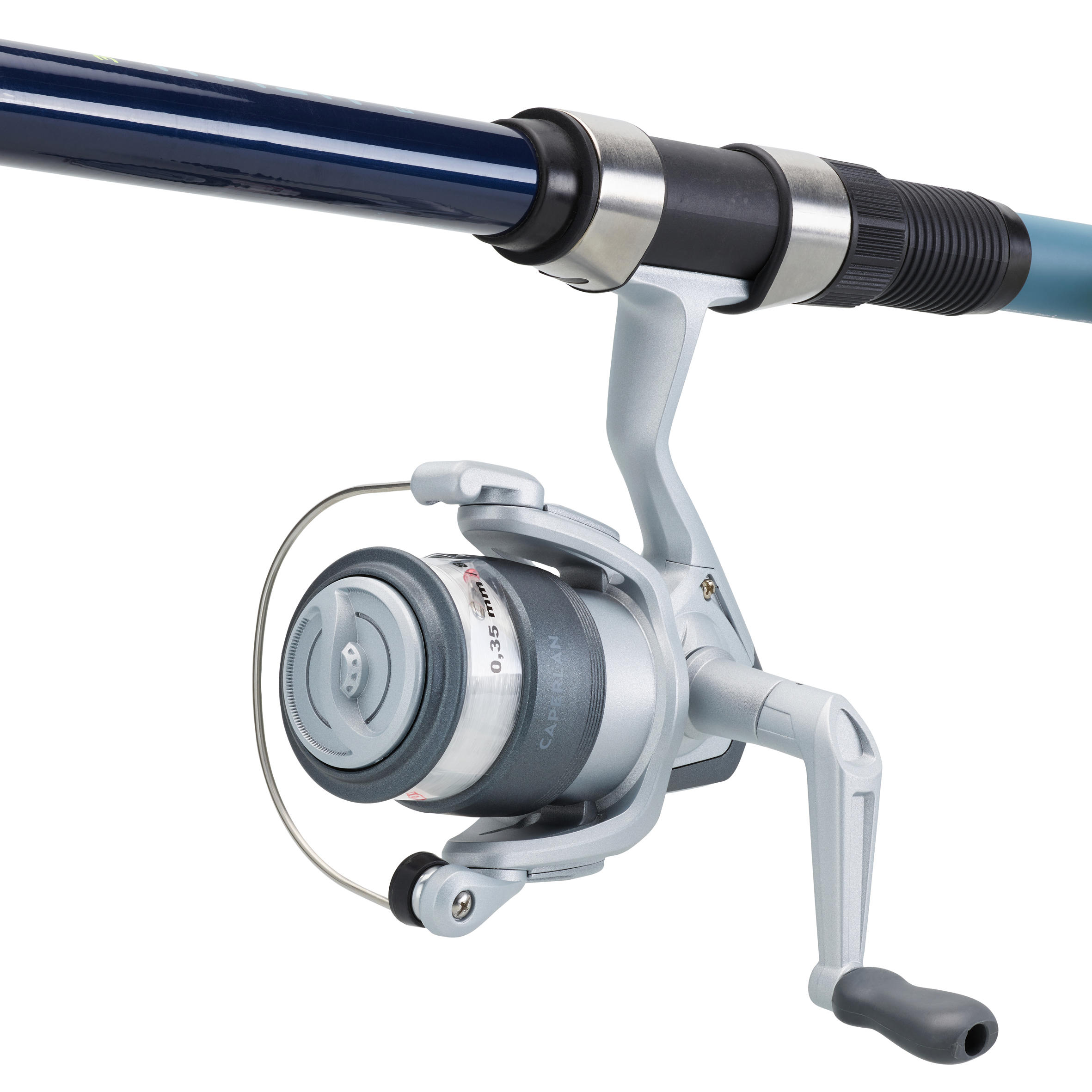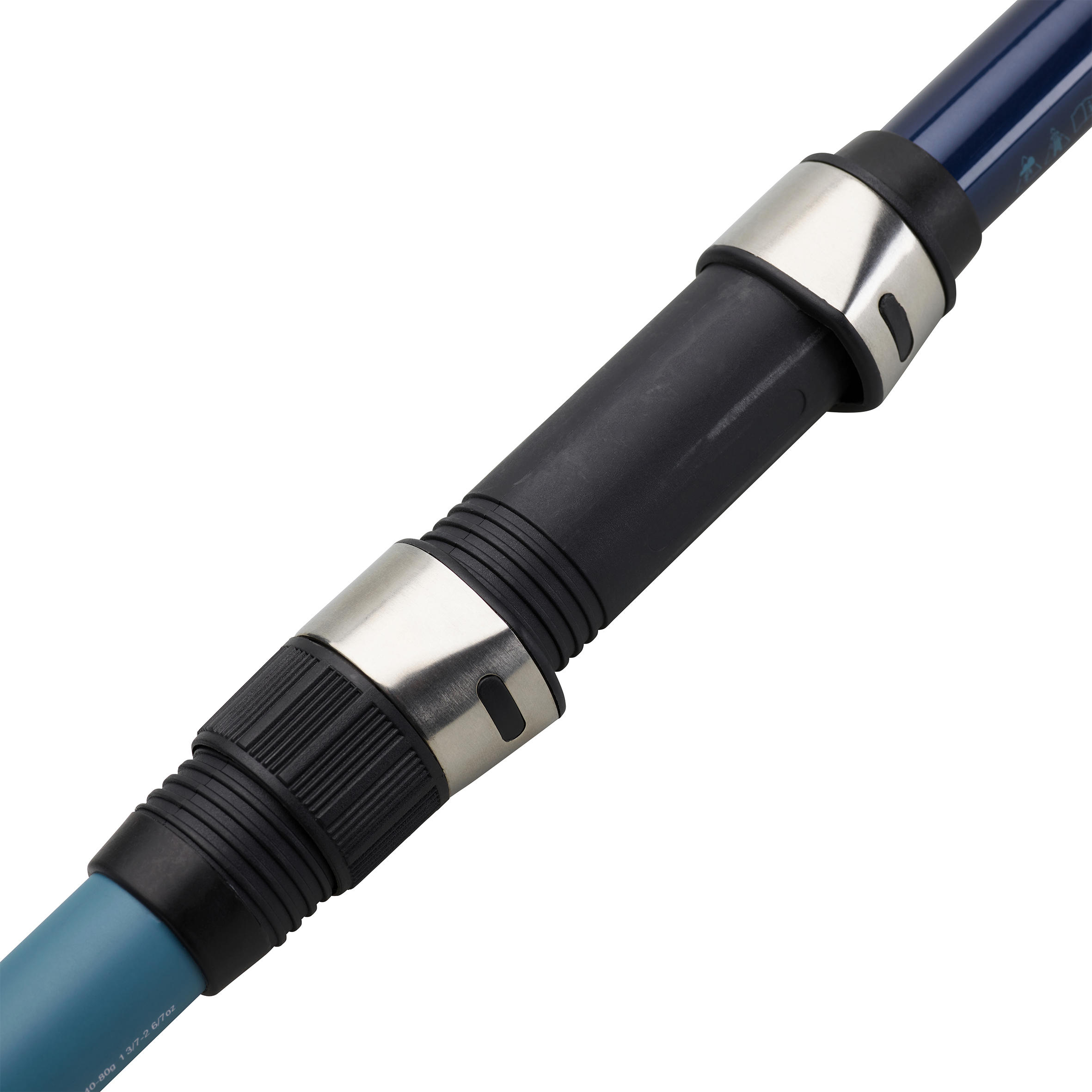

Although female perch in the warm area grew faster, as the team anticipated, they continued to do so throughout life. While the researchers found statistically notable differences in estimated growth rates, death rates and sizes of the fish populations between the heated and reference areas, not all of these changes were as they expected. They combined data on catches with measurements of the fishes’ length-at-age (back-calculated throughout their life from “age rings” in hard structures), and then analysed these using statistical models to investigate how the warm water pollution affected the age and size of the fish populations, as well as their growth and death rates.

They compared the fish species Eurasian perch from the enclosed bay and from a reference area in the adjacent archipelago over a 24-year time period. The team carried out their study in an enclosed coastal bay that has received cooling water from a nuclear power plant, making it 5–10☌ warmer than the surrounding waters. “We used a unique study system to investigate how warm water pollution has changed the death rates, growth rates and size of fish over many generations.” “Studies into the effects of warming waters on fish from large-scale, semi-controlled experiments in natural settings are rare, yet they can provide unique insights,” says lead author Max Lindmark, researcher at the Swedish University of Agricultural Sciences, Department of Aquatic Resources, Lysekil, Sweden. This pattern has mainly been observed in small-scale experiments, and although some studies have tested this prediction in natural environments, these have mostly been carried out on fish species subjected to fishing, where the process of fishing itself can influence growth rates and body size. The finding is at odds in part with general predictions of the effect of warming on natural ecosystems and highlights that these need to be tested in large-scale experiments.Īs aquatic ecosystems become warmer, it is predicted that animals such as fish will grow faster at a young age but reach smaller body sizes as adults. The study found that warm water pollution increased growth rates but also death rates, resulting in a population of younger, but larger fish. Image credit: Karel Jakubec (public domain) The theory that water-breathing animals such as fish will shrink due to global warming has been called into question by a study published today in eLife. The current annotation count on this page is being calculated.


 0 kommentar(er)
0 kommentar(er)
